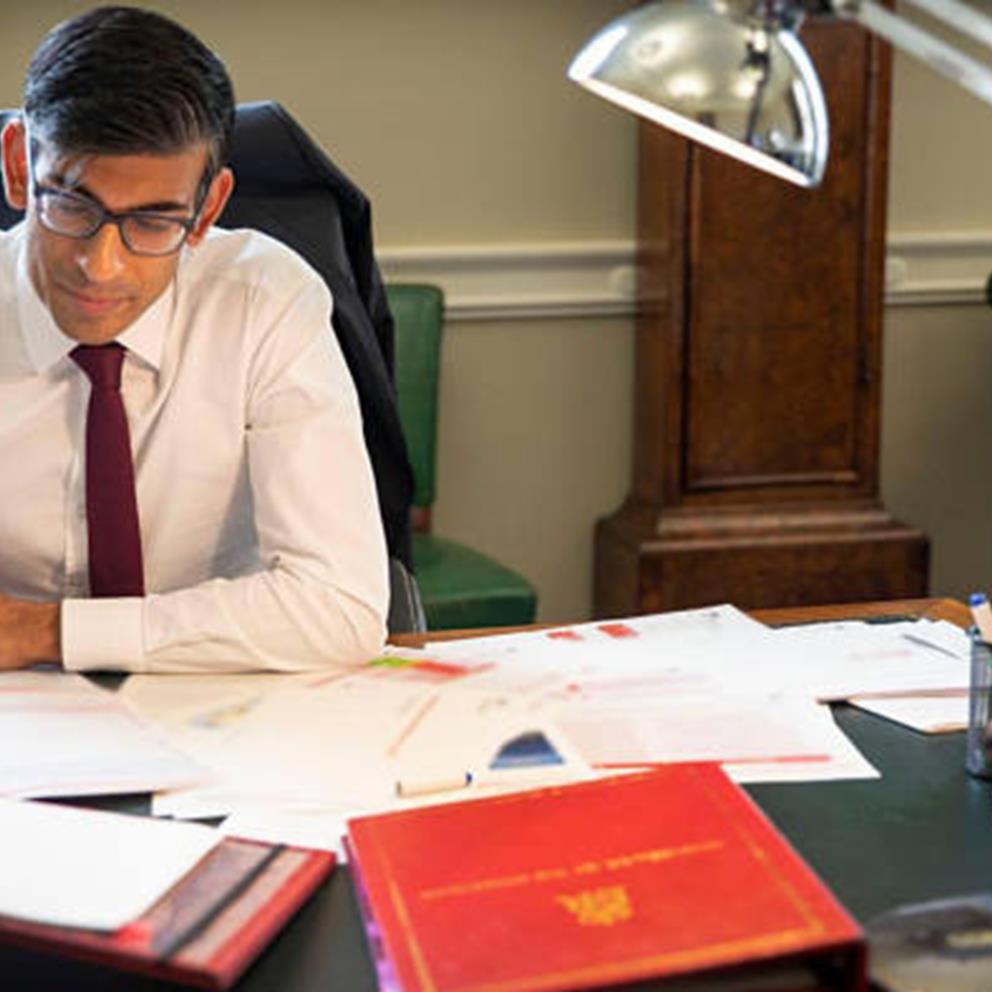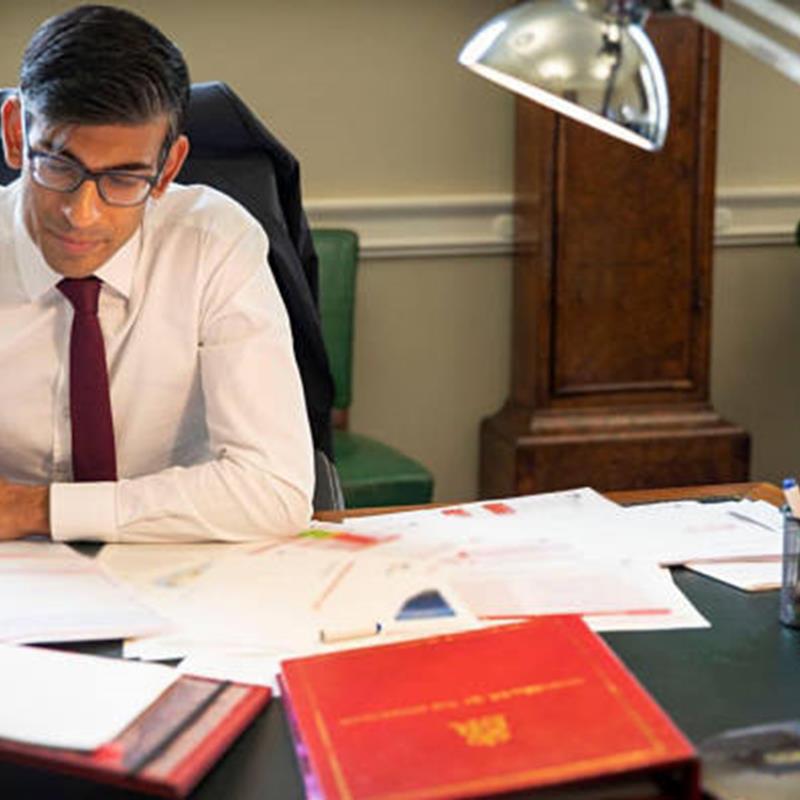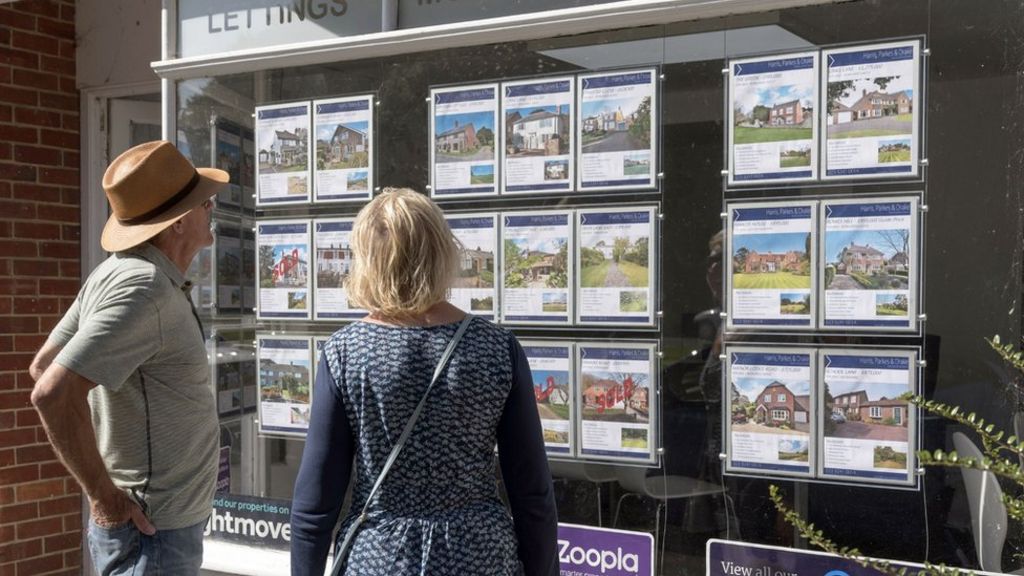

Weekly update - your bill sir/madam...
UK Chancellor Rishi Sunak delivered his “summer statement” to the House of Commons last week with the announcement of a further £30bn stimulus to the UK economy. With a difficult tightrope to balance, the Chancellor’s focus of his so called mini budget was “jobs, jobs, jobs”, whilst insisting that the job retention scheme will end in October. A range of support measures were unveiled to give a “shot in the arm” to specific sectors of the UK economy which have been hit hard by the fallout from Covid-19, such as hospitality and tourism. There was also good news for the residential property sector.
To give a boost to the beleaguered hospitality and tourism industry Sunak has temporarily cut the rate of VAT on supplies of food and non-alcoholic drinks from restaurants, pubs and other establishments to 5%, from a previous rate of 20%. The new rate of VAT will also apply to hotel accommodation and entry to tourist attractions. Sunak lived up to his reputation of thinking outside the box with perhaps the most eye-catching announcement from his statement, the “Eat Out to Help Out” scheme, to tempt the public back into pubs and restaurants. Under the scheme members of the public who frequent a restaurant or pub between Monday and Wednesday in August can get up to 50% off their bill, with a maximum of £10 per customer. This is perhaps the closest that the UK government has come yet to so called “helicopter money”, or direct cash distributions to UK households.

Evidence emerged last week that the UK consumer may well need such incentives to tempt them to “tiptoe” back into pubs and restaurants. A survey released by the Office for National Statistics last week found that 60% of those surveyed would be uncomfortable or very uncomfortable eating out, whilst only 21% would feel comfortable doing so. Separately data from restaurant booking platform OpenTable painted a similarly challenging picture with restaurant bookings at just under 40% of last year’s level. This is in sharp contrast to the situation in other parts of Europe, where restaurant bookings and general mobility data have recovered far quicker. Potentially this highlights the more adverse impact of Covid-19 on the UK.
In a welcome development for residential property Sunak has increased the tax-free stamp duty threshold to £500,000 for property purchases and this will be in place until the end of March 2021.

Indeed, the contribution of the wider construction industry was recognised through the bringing forward of previously announced infrastructure expenditure and the introduction of the Green Homes Fund. These measures are designed to lead to job retention and creation, and for investors in these sectors there may well be a positive read across. However, Sunak’s “summer statement” left quite a few sectors of the economy disappointed and the Chancellor is well aware that the path to recovery will be full of challenges and difficult decisions.
The big question for UK investors is should they accept the Chancellor’s invitation to “come dine with him”. Sunak’s statement can perhaps be viewed as a “taster”. The real detail and future shape of the UK economy is likely to emerge in this autumn’s budget, which will be of particular importance as the Brexit transition period draws to a close. The October budget is likely to see a widespread spending review and bigger question marks over the ultimate impact of Covid-19 and how all this extra spending is going to be paid for. For UK investors it may be wise to use the summer lull as an opportunity to review your positioning and for those based in the UK, to ensure that you are invested in as tax efficient manner as possible.
Have a great week!


